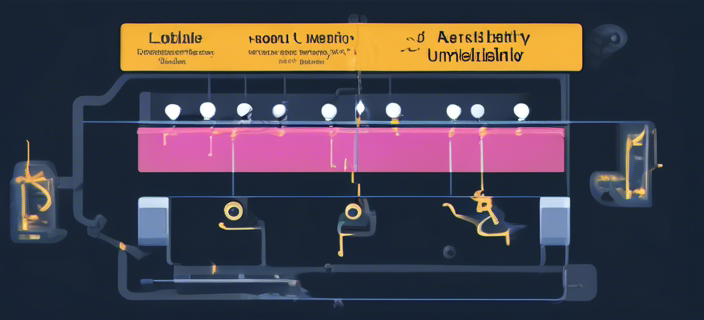Poppy is a coffee enthusiast turned tech reporter. When not typing away at her computer, she can be found chasing after her mischievous tabby cat who always manages to get into trouble.
In a significant move to regulate the burgeoning field of artificial intelligence (AI), the Indian Ministry of Electronics and Information Technology (MeitY) has issued a directive that could shape the future of AI development and deployment in the country. The advisory, dated March 1, mandates that all AI platforms seeking to deploy under-testing or potentially unreliable AI models, including generative AI and large language models (LLMs), must first obtain explicit government approval.
Government Oversight on AI
The advisory underscores the government’s intent to closely monitor and regulate the use of AI technologies that are still in the experimental phase. It specifies that such technologies should be deployed only after they have been appropriately labeled to indicate the potential and inherent fallibility or unreliability of the output they generate.
 A government official reviewing an AI model application
A government official reviewing an AI model application
Furthermore, the government has introduced a requirement for a “consent-popup mechanism” to explicitly inform users about the possible unreliability of the AI-generated output. This move aims to safeguard users from potential biases, discrimination, or unlawful content that might arise from the use of these AI models.
Ensuring Accountability and Transparency
The directive places the onus on AI platforms to ensure their technologies do not perpetuate bias or discrimination. Platforms are required to submit an action-taken-cum-status report to the MeitY by March 16, demonstrating their compliance with the new regulations.
This development is part of a broader global conversation on the ethical use of AI and the need for regulatory frameworks to ensure that AI technologies are developed and deployed responsibly. By requiring explicit government approval for AI models, India is taking a proactive stance in addressing the challenges posed by these rapidly evolving technologies.
 A warning displayed by an AI model about potential unreliability
A warning displayed by an AI model about potential unreliability
The advisory from the MeitY is a clear indication that the Indian government recognizes the transformative potential of AI but is also aware of the risks associated with its premature or irresponsible deployment. As AI continues to drive innovation across various sectors, the need for robust regulatory mechanisms to ensure its ethical and responsible use becomes increasingly apparent.
The Road Ahead
As the deadline for compliance approaches, AI platforms operating in India will need to navigate these new regulatory requirements carefully. The government’s move to mandate explicit approval for AI deployments underscores the importance of transparency, accountability, and user safety in the digital age.
The implications of this advisory extend beyond the immediate need for compliance; they signal a shift towards a more regulated AI ecosystem in India. As the country positions itself as a leader in technology and innovation, the establishment of clear guidelines for AI deployment will be crucial in fostering an environment where technology can thrive responsibly and ethically.
In conclusion, the Indian government’s advisory represents a significant step towards ensuring that the deployment of AI technologies is conducted with the utmost consideration for reliability, safety, and ethical standards. As AI continues to evolve, such regulatory measures will be vital in guiding its development in a direction that benefits society as a whole.


 Photo by
Photo by 











